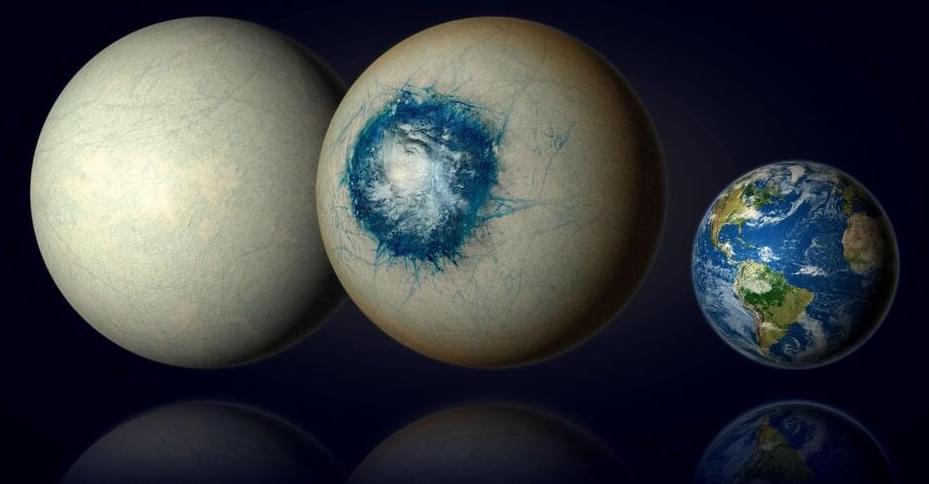A team of astronomers has identified a temperate exoplanet as a promising super-Earth ice or water world.
The findings, led by Université de Montréal, show that the habitable zone exoplanet, LHS 1,140 b, is not likely a mini-Neptune, a small so-called gas giant—large planets composed mostly of gas—with a thick hydrogen-rich atmosphere. The planet, located about 48 light-years away in the constellation Cetus, emerges as one of the most promising habitable zone exoplanet candidates known, potentially harboring an atmosphere and even a liquid water ocean.
Data from the James Webb Space Telescope (JWST) were collected in December 2023 and added to previous data from other space telescopes Spitzer, Hubble, and TESS to solidify this result, accepted for publication in The Astrophysical Journal Letters this week and currently available on the arXiv preprint server.









Leave a reply